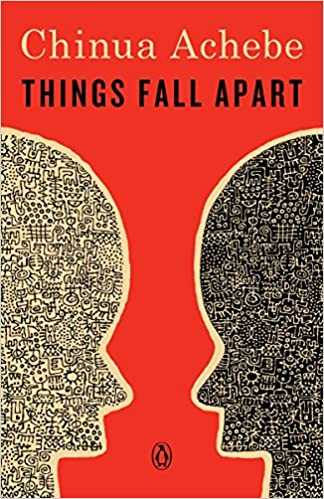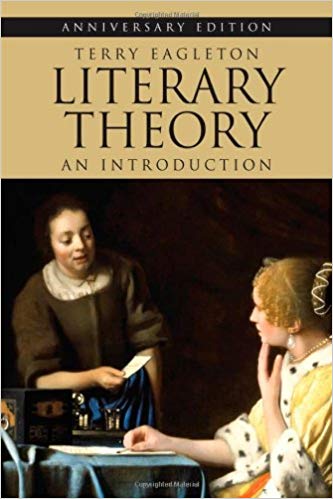ENGL 5900-739
Studies in Global Literature and Culture: Nationalism, Globalization, and the Postcolonial Novel
Time: TBA
Office 408E, Language Building
Introduction
Considered the most expansive of literary forms, the novel is also inextricably linked with the questions of national identity and, now, issues of globalization and cosmopolitanism. This course aims to introduce you to some major postcolonial novels within the larger debates of the nation, nationalism, postcolonialism and globalization.
Required Texts:
Huthinson and Smith. Nationalism. Oxford UP, 1994. [NAT]
Zygmunt Bauman. Globalization. Columbia Up, 1998. [GLO]
Robbins and Chaeah. Cosmopolitcs. Minnesota, 1998. [COS]
Ngugi Theong ‘O. Devil on the Corss. Heinemann, 1982. [DOC]
Buchi Emecheta. Joys of Motherhood. Groege Braziller, 1979.
Earl Lovelace. The Dragon Can’t Dance. Longman, 1979.
Kiran Desai. The Inheritance of Loss. Grove, 2006.
Robin Goodman. Feminist Theory in Pursuit of the Public. Palgrave, 2010.
Handouts
- Fanon. “On National Culture.”
- Ngugi. “Standing our Ground.”
- Jameson. “Third-World Literature in the Era of Multinational Capitalism.”
- Aijaz Ahmad. “Jameson’s Rhetoric of Otherness and the “National Allegory.”
- Puri. “Beyond Resistance: Notes Toward a New Caribbean Cultural studies.”
- Raja. “We is All People: The Marginalized East-Indian and the Economy of Difference in Lovelace’s The Dragon Can’t Dance.”
Recommended Texts
You are expected to come prepared for class: This involves reading the assigned texts, listening carefully to your peers, and contributing your views in a collegiate and stimulating way.
Attendance is mandatory.Distribution of Points:
Online Responses 400 Points
Discussion Meetings 100 Points
Mid Term exam 200 Points
Total 1000 Points
YOU MUST FINISH ALL MAJOR ASSIGNMENTS TO PASS THE COURSE
Mid-Term Exam:
Term Paper:
(Guide)The final term paper will be due on the last day of class. The paper should be 15-20 pages, with a clearly defined thesis and a coherent argument using one or two of the theoretical apporaches discussed in class. I would encourage you to choose your topic early and do extensive research. I will be available to assist during all stages of your research and composition process.
Avoid at all costs!!!
You are expected to attend the class regularly. You will be in the danger of failing the course if you miss more than TWO class sessions.
Please contact me and bring me the necessary documentation if you would like me to make extra arrangements of for any disabilities.
Grading Scale:
A 900-1000
C 739-829
D 600-738
F Less than 600 Points
Weekly Schedule:
Discussion Leader and Respondents on Assigned Readings.


